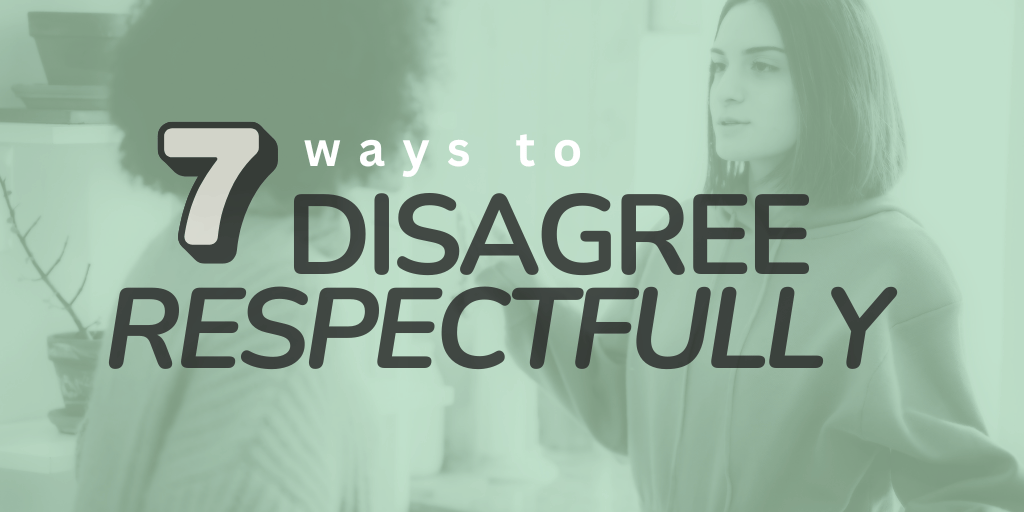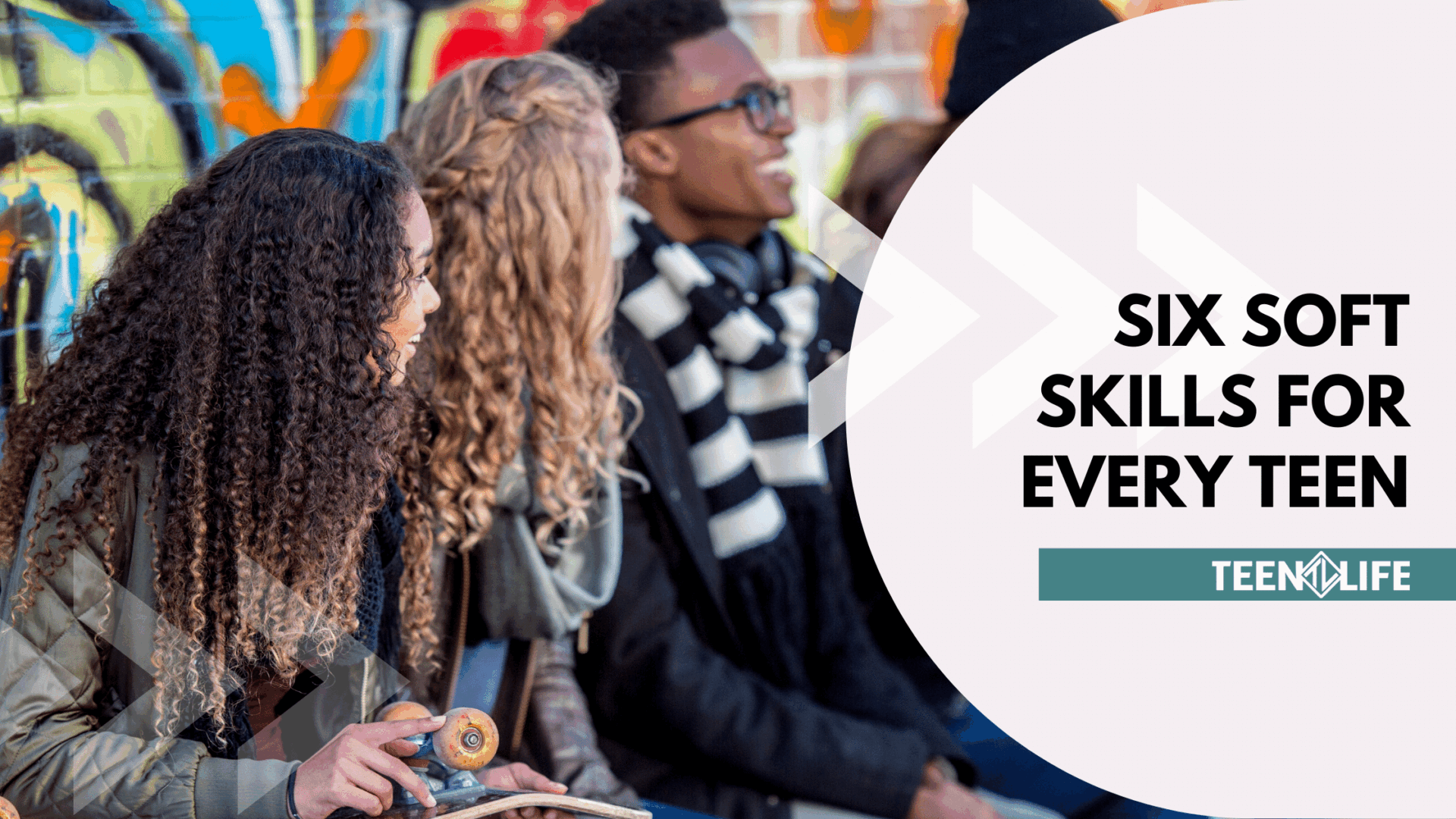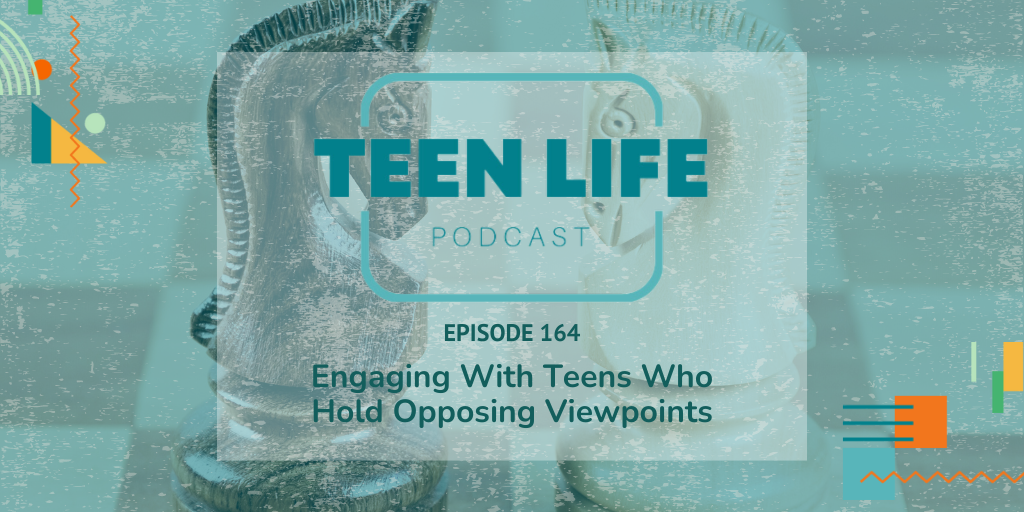Learning to Disagree Respectfully Builds Confidence and Connection
Disagreements are a normal part of life. Whether it’s a classroom debate, a family conversation, or a difference of opinion with a friend, teens are going to face situations where they don’t see eye to eye with others. And that’s okay!
After all, we want to raise critical thinkers!
Learning how to disagree respectfully is a life skill that will serve them in relationships, school, work, and beyond.
But here’s the catch: it doesn’t come naturally.
It’s a skill that’s taught, modeled, and practiced.
If you’re a parent, teacher, coach, or mentor, you have an amazing opportunity to help teens navigate conflict in healthy, constructive ways.
Here’s how:
Model the Power of “I” Statements
Teens often mirror the communication styles they see.
Instead of saying, “You’re wrong,” or “That makes no sense,” show them how to express their thoughts without putting others on the defensive.
Try saying:
- “I see it a little differently because…”
- “I feel unsure about that idea since…”
Encouraging “I” statements helps teens stay focused on their own perspective, not tearing down someone else’s.
Validate Before You Debate
It’s hard to stay calm when we don’t feel heard. One powerful way to teach respectful disagreement is to help teens acknowledge others’ views before jumping in with their own.
Model this by saying:
- “That’s an interesting point. I hadn’t thought of it that way.”
- “I see what you’re saying, and I also wonder if…”
This simple habit shows empathy, keeps conversations productive, and lowers the heat.
Ask Questions That Open Up Conversation
When teens learn to ask thoughtful questions, they shift from arguing to exploring. That’s where real learning (and connection) happens.
Help them practice things like:
- “What makes you feel strongly about that?”
- “Can you tell me more about how you got there?”
Even if they disagree, they’re showing respect—and that matters.
Stay Curious, Not Combative
Encourage them to approach disagreements with curiosity instead of combat. Remind them: disagreeing doesn’t mean disrespecting. It just means you’re still growing.
Try phrases like:
- “That’s different from how I see it. Can we talk more about it?”
- “I’m still figuring out what I think, but here’s where I’m at.”
Keep Your Cool (Even When It’s Hard)
Tone, facial expression, and body language are just as important as the words we say. When teens get emotional in a disagreement (and they will), they need support—not shame.
Help them recognize when they’re getting worked up, and give them tools to pause, breathe, or even take a break.
Teach them that staying calm is not backing down—it’s staying in control.
Avoid the Pit of Always/Never & Personal Attacks
Words like “You always…” or “That’s just dumb” shut down conversation fast. Teens may not realize how these phrases escalate conflict, so be intentional about noticing and offering better options.
Encourage them to say:
- “I have a different take.”
- “I disagree, and here’s why.”
Let them know that disagreements don’t have to feel like battles—they can feel like opportunities.
Look for Common Ground
Helping teens find shared values or goals can turn disagreement into collaboration.
Whether it’s a group project or a heated dinner table convo, help them ask:
- “What do we both want here?”
- “Where do we agree?”
Respectful disagreement is less about who’s right and more about how we talk about what matters.
The Bottom Line
Disagreement isn’t disrespect. And with a little guidance, teens can learn how to speak up, stand strong, and still show kindness.
When we teach and model these skills, we’re not just helping teens win arguments.
We’re helping them grow into thoughtful, confident communicators.
Looking for more resources to help teens build strong communication skills?
Check out our latest guides, tools, and conversation starters on our Resources Page.

Kelly Fann
Digital Media Manager
Kelly Fann | Digital Media Manager
Kelly has a desire to empower young people to grow into the best version of themselves. Using her background in branding and word-smithing, she is a master at highlighting resources that help teens learn skills that will enable them to grow and to adapt, to enjoy life and to be better citizens. Kelly has a MA in Linguistics from North Texas University.



